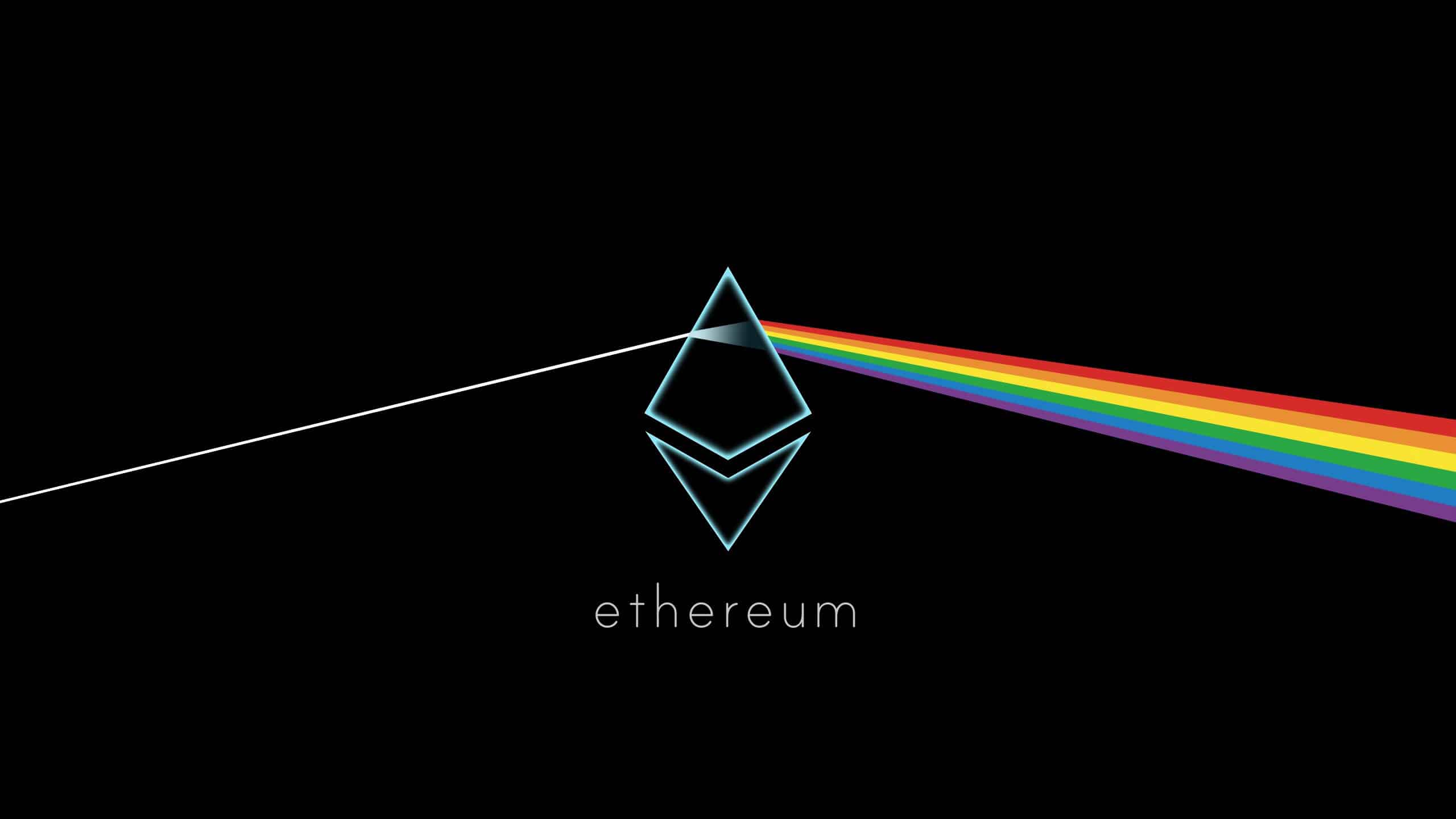Ethereum Network Stability Questioned After Gas Fees Reach $500K

Though Ethereum is more stable than Bitcoin, this time, it failed to prove its stability after the Ethereum transaction fees (commonly known as the ‘gas fees’) crossed the $500k threshold, thereby raising concerns for the investors. However, the high gas fees pleased the Ethereum miners who earned a record of $500k fees in just a single hour with Ether rallied at 10%.
The launch of decentralized financial applications this year has brought in several favorable aspects for the Ethereum network, but at the same time, led to the high transaction fees. The newly launched DeFi projects on the Ethereum platform led to the sudden increase of the network’s activities that, at a point, crossed the limits of the network, thereby leading to severe congestion in the network.
This network congestion led to a huge number of unconfirmed transactions blocking the network that resulted in longer waiting times and higher fees, as users struggle to get confirmation of their transactions faster than others. The higher fees sometimes also render smart contracts unusable, thereby raising concerns about the network’s scalability as a smart contract platform.
The hash rate on the Ethereum network has been increasing consistently and reached its high recently that led to the confusion about its stability. However, Ethereum as a smart contract platform also has some positive sides; the Ethereum holders can block their favorable assets in the DeFi smart contracts, that deliver a favorable effect that is normally achieved after Bitcoin halving.
However, ETH is not the only platform that is facing troubles with its rising gas fees; recently, the bitcoin network also went through the similar issues with its transaction fees spiked from $1 to $3.53 in July with a record high reached to $6.47 per average transaction on August 6. Ethereum fees rose rapidly after the network increased its limit of maximum gas per block from 10,000,000 to 12,500,000. These high fees are unbearable when it comes to small transactions and raise huge concerns among the users.
The recent launch of the SushiSwap, which is a liquidity provision protocol of UniSwap that hit $1 billion in TVL (total value of assets locked) in just 24 hours, is also thought to be the reason behind the sudden surge in the network activity. It ultimately led to the rise of the Ethereum gas fees raising concerns about its sustainability and stability.
To solve the network stability issues, an Ethereum improvement proposal called EIP 1559 has been developed and is now undergoing a trial run on a decentralized file-sharing payment protocol named ‘Filecoin.’ If the proposal passes the trial run, it may be implemented on the Ethereum network to solve the network stability issues.
Apart from EIP 1559, another layer 2 solution named OMG has been developed to help the Ethereum network combat the fee issue by providing an alternative payment structure on the network. Accepting payments through these layer 2 solutions can help networks reduce their gas consumption. Therefore, Vitalik Buterin, the co-founder of Ethereum, has urged the community to adopt these direct payment solutions.




